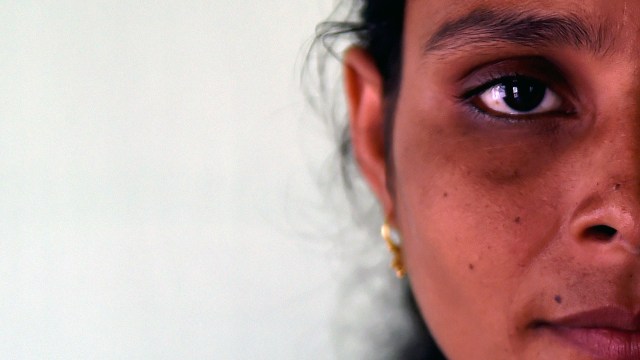Some People Can’t Reminisce About Their Own Experiences

The brain is a fascinating thing; one could dedicate a lifetime researching various conditions and never finish mapping all the nuances of this curious organ. Memory, in particular, is an interesting topic when discussing the human brain, in that it’s, in most cases, an unreliable source. Indeed, past studies have shown that our minds tend to skew events and, even on occasion, popular logos — people have even been known to make up things that never happened and perceive them as reality. However, for a rare few, there are those who can recall their lives down to the last detail. It’s known as hyperthymesia, and for every person that has this form of superior autobiographical memory, there are others who are incapable of experiencing their past.
It’s a unique condition that sounds like a type of amnesia, but it’s a bit more complicated than just that. It’s not that these people cannot recall facts or learn new things; it’s just that remembering an event from their own point of view is impossible. Daniela Palombo and her team of researchers found that these patients had no history of illness or injury that could cause such a disturbance to their ability to ruminate about the past from a first-person perspective. So, they set out to define this curious condition in a recent paper.
BPSdescribed the participants as follows: “AA is a 52-year-old married woman; BB is a 40-year-old single man; and CC is a 49-year-old man living with his partner.” The three were “high functioning adults,” the researchers wrote, “with otherwise preserved cognitive function.”
BPS reports that Palombo and her team set up brain scans to examine the three patients afflicted with this memory imparity, and confirmed that there were no signs of damage. But when the researchers asked the patients to recall memories from their past, the regions of the brain often associated with memory showed significantly less activity.
The researchers also put the participants through tests of intelligence, memory, and mental performance, with the individuals scoring average or above average on almost all of them (there were 15 other participants they used as a control for the study). The exception being on an exercise to test their ability to draw a complex figure from memory. Compared to the control subjects, participants AA, BB, and CC scored poorly.
From a completely subjective perspective, the researchers indicate that AA, BB, and CC have had time to compensate for their handicap, which they all became aware of either in their teens or early adulthood. When interviewed about their recent pasts, the participants seemed to be capable of remembering facts and information about events, but lacking any kind of ability of “re-experiencing” those events.
The data contained is from quite a small group. As are most breakthrough neurological studies. I mean, how many guys are out there who would mistake their wife for a hat? Palombo and her team say that the purpose is to engage and “stimulate further research on the nature of individual differences in episodic autobiographical memory.”
Read more about the study at BPS.
Photo Credit: Shutterstock





